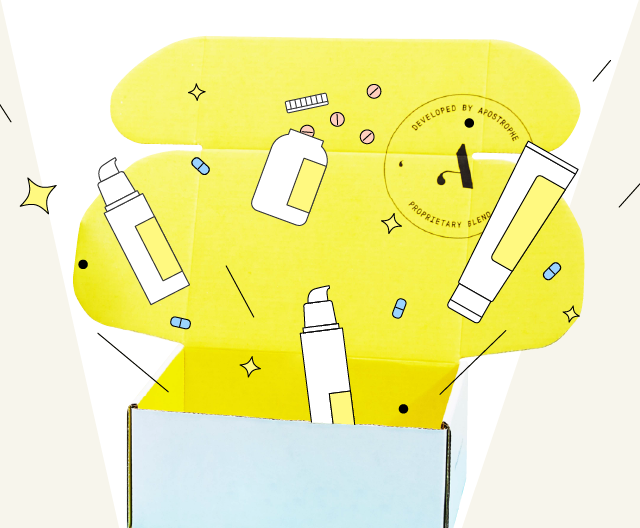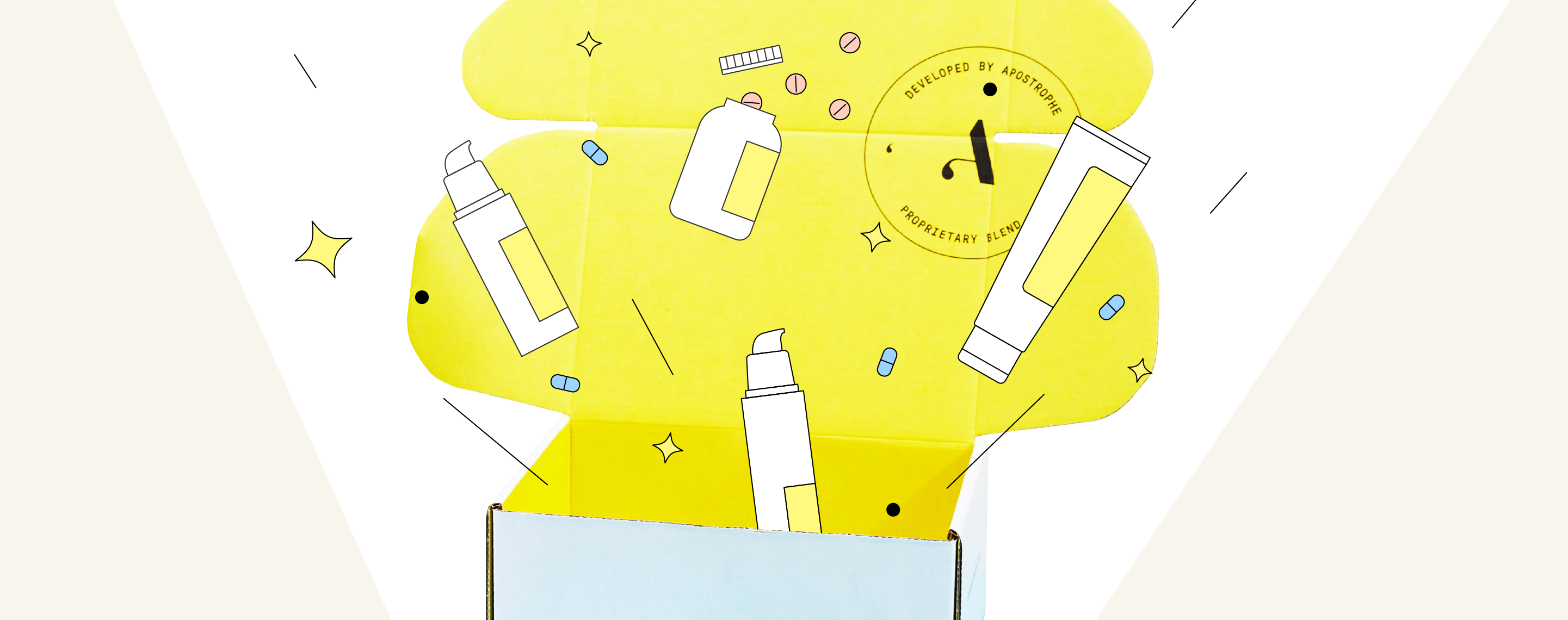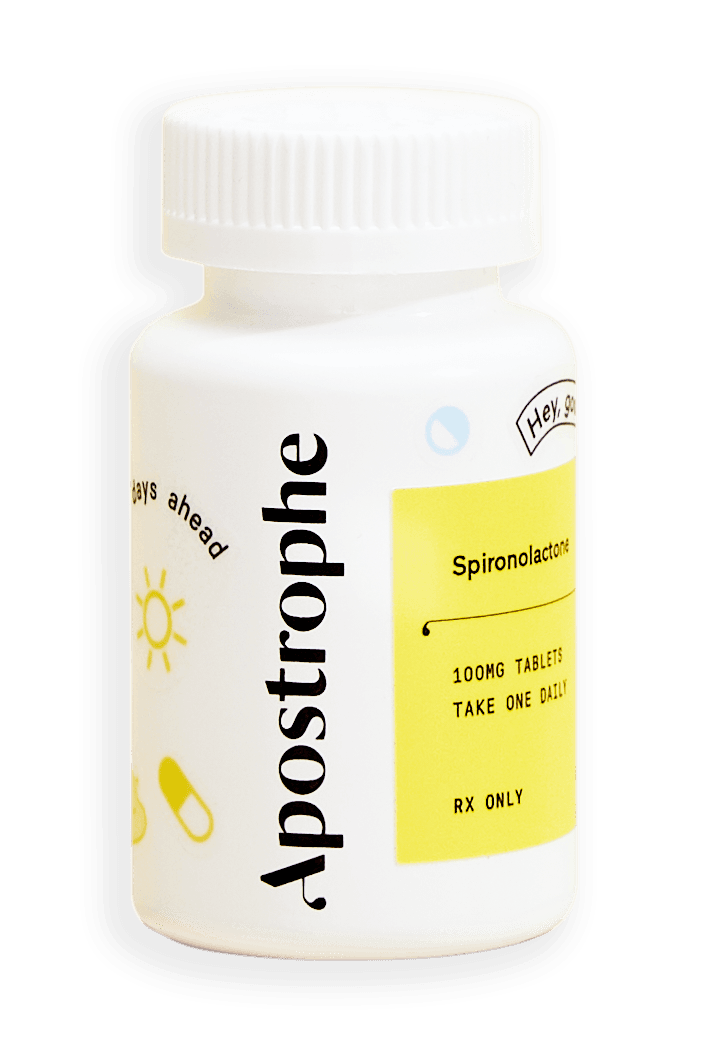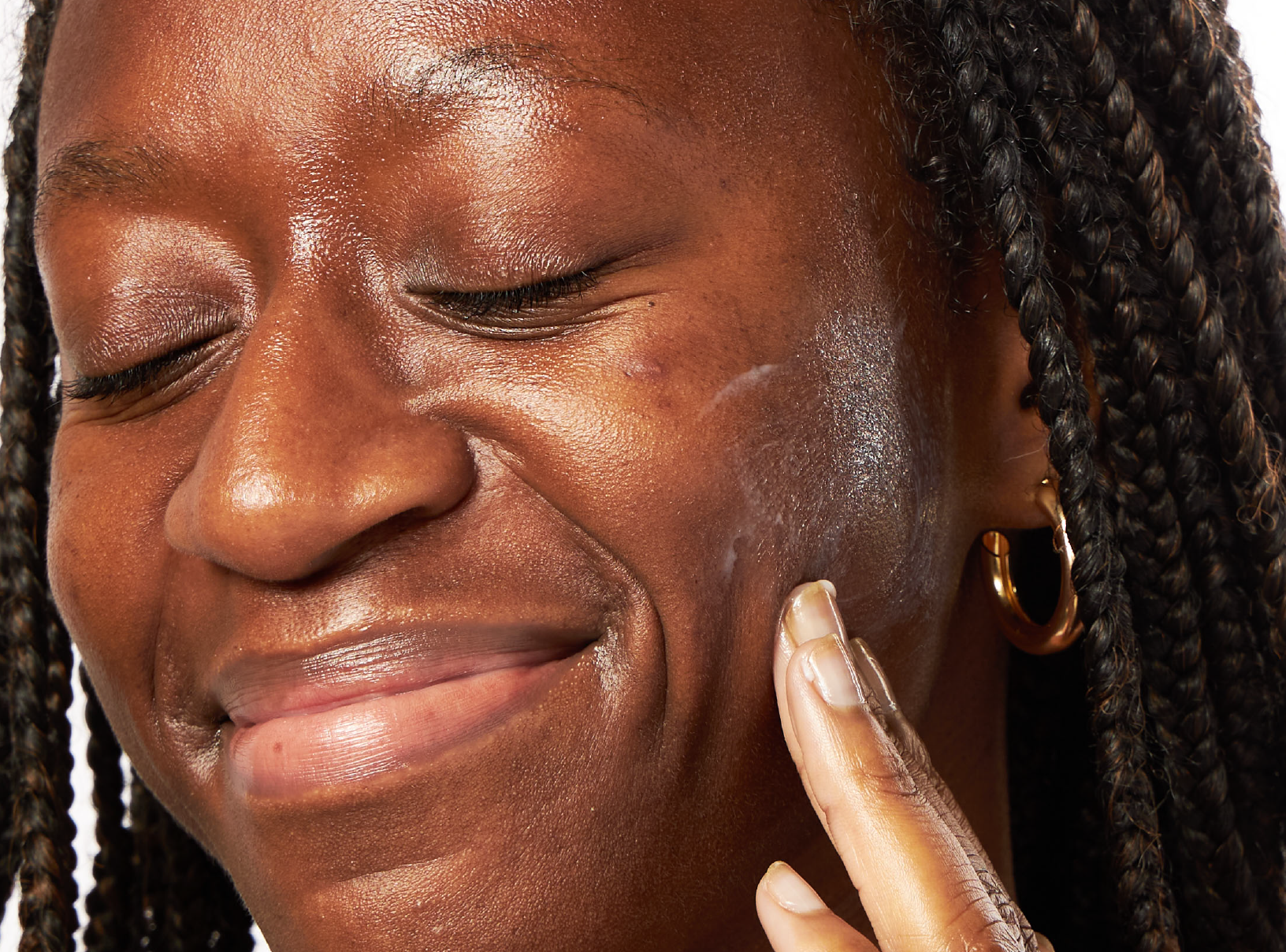Education
The Best Ingredients For Acne


SHARE
Education
The Best Ingredients For Acne
Medically reviewed by Aimee Paik, MD
Written by Annie Lam
Last updated 11/1/2024
There’s a lot of acne treatment options out there with a variety of different ingredients. From salicylic acid and benzoyl peroxide to azelaic acid and retinol, it’s hard to know which to add to your skincare routine.
If you’ve ever wondered what treatment you should use to treat your acne prone skin, we’re breaking down the best acne fighting ingredients.
Over-the-Counter Acne Ingredients
Over-the-counter acne ingredients are ones that you can find in skincare products at your local drugstore. While there are popular ingredients like retinol and alpha hydroxy acid products with lactic acid and glycolic acid, these typically aren't as effective for treating acne.
The two most commonly used acne ingredients are salicylic acid and benzoyl peroxide. You can find these ingredients in many formulations: cleanser, moisturizer, serum, and even body wash! Both salicylic acid and benzoyl peroxide are regulated as drugs by the FDA to treat acne.
Salicylic Acid: A beta hydroxy acid that goes deeper into the hair follicles to break down dead skin cells and remove excess oil and sebum.
A great option for oily skin, blackhead treatment, and clogged pores.
Benzoyl Peroxide: A naturally anti-inflammatory ingredient that kills acne causing bacteria and removes dead skin cells from the surface of the skin.
An accessible option for treating very mild acne and unclogging pores.
If you have a one-off pimple, very mild acne, or clogged pores, an over-the-counter acne treatment could work well for you! However, if your acne is more moderate to severe, it may be worth looking into a prescription-strength acne treatment.
What would a dermatologist prescribe for acne?
Now that you know what ingredients are accessible at your local drugstore, let’s talk about prescription acne treatments. Your dermatology provider may prescribe topical or oral treatments for your acne, depending on severity. There are lots of good ingredients for acne out there, but what is the best treatment for acne? Let’s break them down by topical and oral treatments:
Best Topical Treatment for Acne
Prescription topical treatments work on the skin level to unclog pores and resurface the skin. They’re most commonly used to keep acne under control long term. Here are some popular skin care ingredients for acne:
Tretinoin: A retinoid that clears pores and improves skin cell turnover to help with mild acne scars.
Treats acne of all severities as well as hyperpigmentation, dark spots, and signs of aging.
Did you know? Our tretinoin formula is custom-compounded with ingredients like niacinamide, azelaic acid, clindamycin, or topical spironolactone to treat multiple skin concerns or types of acne.
Tazarotene: A retinoid that removes dead skin cells, unclogs pores, and improves skin cell turnover.
Treats acne, clogged pores, hyperpigmentation, and signs of aging.
The strongest of the topical retinoids. Typically only recommended for very resilient skin.
Azelaic Acid: A treatment that has natural anti-bacterial and anti inflammatory properties.
Treats rosacea, hyperpigmentation and inflammatory acne. A great option for sensitive skin and is safe to use during pregnancy!
Azelaic Acid is also available in lower percentages over-the-counter, but prescription strength (15%) is more effective.
Also works well in combination with tretinoin to help brighten skin and reduce dark spots.
Topical Spironolactone: A topical medication that has antiandrogenic properties to balance sebum production and treat hormonal acne.
Treats the hormonal causes of acne at the skin level.
Topical spironolactone is only widely available through Apostrophe!
Clindamycin: A topical antibiotic that helps to calm inflammation and kill acne-causing bacteria.
Treats inflammatory acne and breakouts.
Typically used alongside benzoyl peroxide to prevent antibiotic resistance.
Best Oral Treatment for Acne
Depending on your acne severity, a dermatology provider may prescribe an oral acne medication alongside your topical acne treatment. What oral treatment you need may depend on the type of acne you have.
If you struggle with cystic acne, you may be prescribed an oral antibiotic. If you're looking for the best treatment for hormonal acne, oral contraceptives and spironolactone may be recommended. Here are the most popular types of oral medications:
Spironolactone: An oral medication that has antiandrogenic properties to balance sebum production and treat hormonal acne.
Treats the hormonal causes of acne by blocking the effect of testosterone in your skin.
Oral Contraceptives: Birth control pills with estrogen and progesterone help to lower the effect of androgens.
Treats the hormonal causes of acne from the inside out.
Oral Antibiotics: Oral medications like doxycycline and minocycline help to quickly calm down inflammation.
Treats painful, inflammatory acne and kickstarts acne treatment.
Used as a short-term treatment while topical treatments and/or oral spironolactone take effect.
Isotretinoin (Accutane): An oral retinoid that is typically used to treat very severe, cystic acne.
Treats severe acne and breakouts. Typically used as a “last resort” if your skin has not responded to other acne treatments.
How Long Does It Take For Acne Medication To Work
Now that you know what the best ingredients for acne are, let's talk about how long it takes for them to work. The providers on our platform recommend using your acne treatments alongside a gentle cleanser, moisturizer, and SPF for best results. Remember being patient and consistent with your skincare routine is key!
Topical treatments: Typically take 8-12 weeks of consistent use to start seeing results. Topical treatment is important for all patients to keep acne under control long-term.
Oral treatments: Oral antibiotics typically take 2-4 weeks to start seeing results, with oral spironolactone taking 8-12 weeks.
While it can take anywhere from a few weeks to a few months to start seeing progress, it’s important to note that there is no true “cure” for acne. However, oral and topical treatments can be very effective and can help keep acne under control with consistent use.
When it comes to finding the right acne treatment for your skin, we recommend consulting with the professionals. Through Apostrophe, all patients receive customized treatment plans crafted by an expert dermatology team. If you're overwhelmed with the choices when it comes to treating your acne breakout, we're here to help. Get started with Apostrophe today!
Shop this post

Tazarotene + niacinamide formula

Oral doxycycline

Finacea (azelaic acid)

Clindamycin

Topical Spironolactone

Oral Spironolactone

Oral minocycline
Like what you just read? Sign up for our email list to get the scoop on skincare science delivered straight to your inbox.

Deep Dives
A dermatologist shares his thoughts on the recent studies about benzoyl peroxide and benzene.
Read More
Education
What is milia?
What is milia? Today, we’re jumping into one type of bump that you may have heard about most commonly in infants — milia.
Read More
Education
Best moisturizer for acne-prone skin
If you have combination acne-prone skin, figuring out which moisturizer is best for your skin might be tough. In this guide, we break down the best moisturizer for combination, acne-prone skin.
Read More
